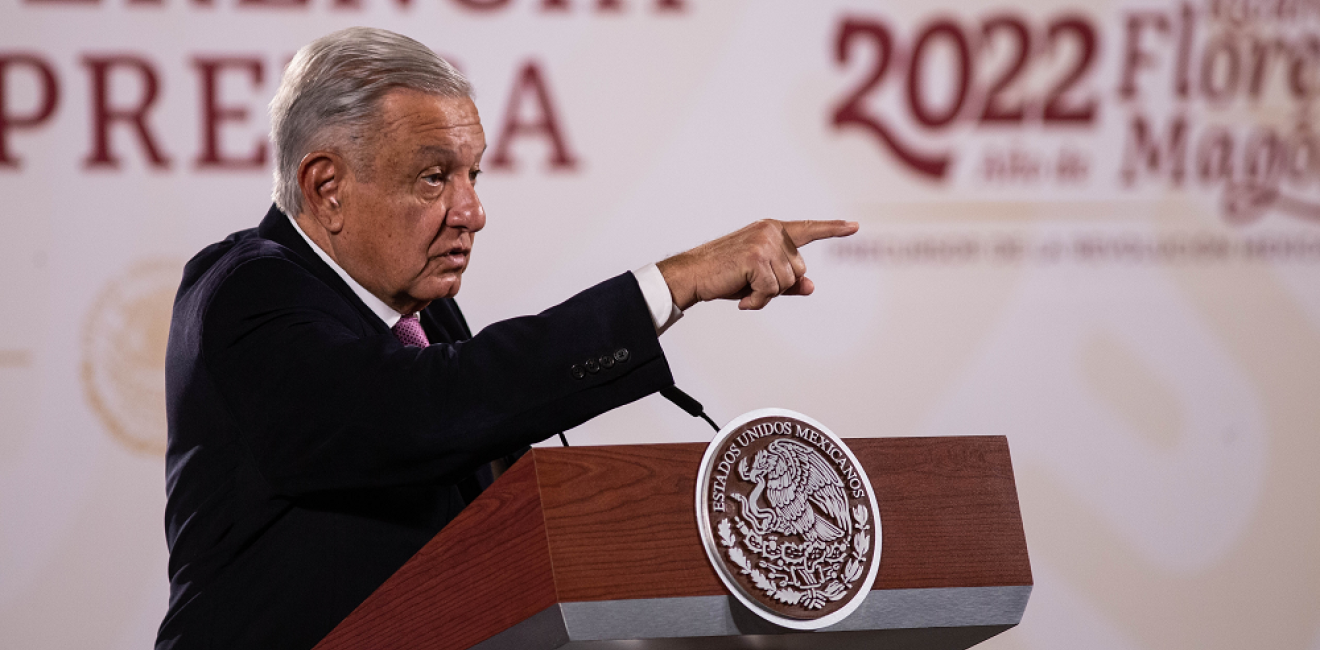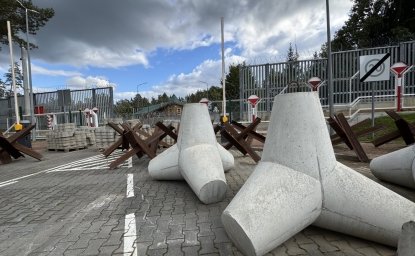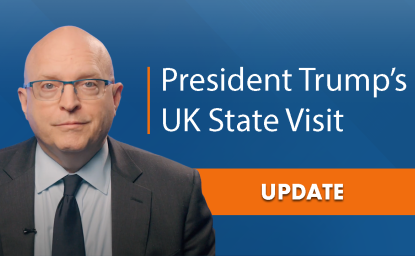
Mexico’s presidential candidate selection process concluded during the first week of September 2023 and the results were historic. For the first time in Mexico’s history, the race for the presidency is between two female candidates, Claudia Sheinbaum from Movimiento Regeneración Nacional (Morena) (National Regeneration Movement), which is the current ruling party of Mexico and Xóchitl Gálvez from the Frente Amplio por México (FAM) (Broad Front for Mexico). FAM is comprised of Partido Revolucionario Institucional (PRI) (Institutional Revolutionary Party), Partido Acción Nacional (PAN) (National Action Party), and Partido de la Revolución Democrática (PRD) (Democratic Revolution Party).
Morena’s candidate selection strategy
Morena utilized nationwide surveys (open to all Mexicans) as the primary method to select its presidential nominee. All aspiring candidates were required to resign from their public positions and officially register as presidential candidates in mid-June. Official campaigning began June 19th and lasted until August 27th. Candidates spent the summer traveling across the country participating in informational assemblies to increase their name recognition and share their political platforms.
The surveys used to determine Morena’s candidate consisted of one primary survey and four subordinate control surveys. A maximum of six candidates were permitted to participate in the survey. Morena had four candidates: Marcelo Ebrard, Claudia Sheinbaum, Adán Augusto López Hernández, and Ricardo Monreal. Two other candidates from Morena’s politically allied parties, Gerardo Fernández Noroña, from Partido del Trabajo (Labor Party), and Manuel Velasco, from Partido Verde (Green Party), were also eligible to participate. The surveys, the first of which was designed and administered by Morena’s survey commission, were carried out by four different pollsters from August 28th until September 3rd. For the remaining surveys, each candidate suggested two polling firms, and a total of four polling firms were randomly selected to conduct the additional four control polls. Throughout the campaign process, party officials made clear that the survey results would be final and unappealable, while also offering (in a conciliatory fashion) that the non-selected candidates would hold important positions in the triumphant candidate’s next administration. The survey results were released on September 6th and Claudia Sheinbaum was named Coordinadora de Defensa de la Cuarta Transformación (the Coordinator of the Defense of the Fourth Transformation).
Frente Amplio por México’s candidate selection strategy
The Frente Amplio por México utilized a multi-stage process for candidate selection, which included signature collections, debates, survey and poll data, and primary elections.
Of the 33 individuals who expressed interest in representing the coalition for the presidency, 13 official aspiring candidates emerged – 10 of which belonged to one of the three major political parties in the alliance and three were members of civil society. To advance in the election process, from July 12 to August 5th, candidates had to collect a minimum of 150,000 signatures from voters in at least 17 different states supporting their candidacy. Upon conclusion of this phase of the selection process, the eligible candidates (Xóchitl Gálvez, Beatriz Paredes, Santiago Creel, and Enrique de la Madrid) advanced to the August 10th forum during which they shared their “vision of Mexico.” The coalition then conducted various public opinion polls. Santiago Creel eventually dropped out of the race in support of Xóchitl Gálvez’s candidacy. The three remaining candidates participated in five additional public forums across Mexico from August 17th until August 30th. The results of the second round of public opinion polls were released on August 31st and revealed that Xóchitl Gálvez received the majority of votes across all three polls. The coalition originally planned to release the poll results on September 3rd and then host primary elections. The opinion polls and the primary election would each have 50% weight and the primary candidate with the best score would advance to become the candidate for the Frente. However, the coalition decided against these methods and ultimately announced Xóchitl as the coalition’s coordinator.
Author

Explore More
Browse Insights & Analysis
WILSON CENTER ANNOUNCES NEW COMPETITION FOR 2026-2027 RESEARCH FELLOWS

On the Border of War
